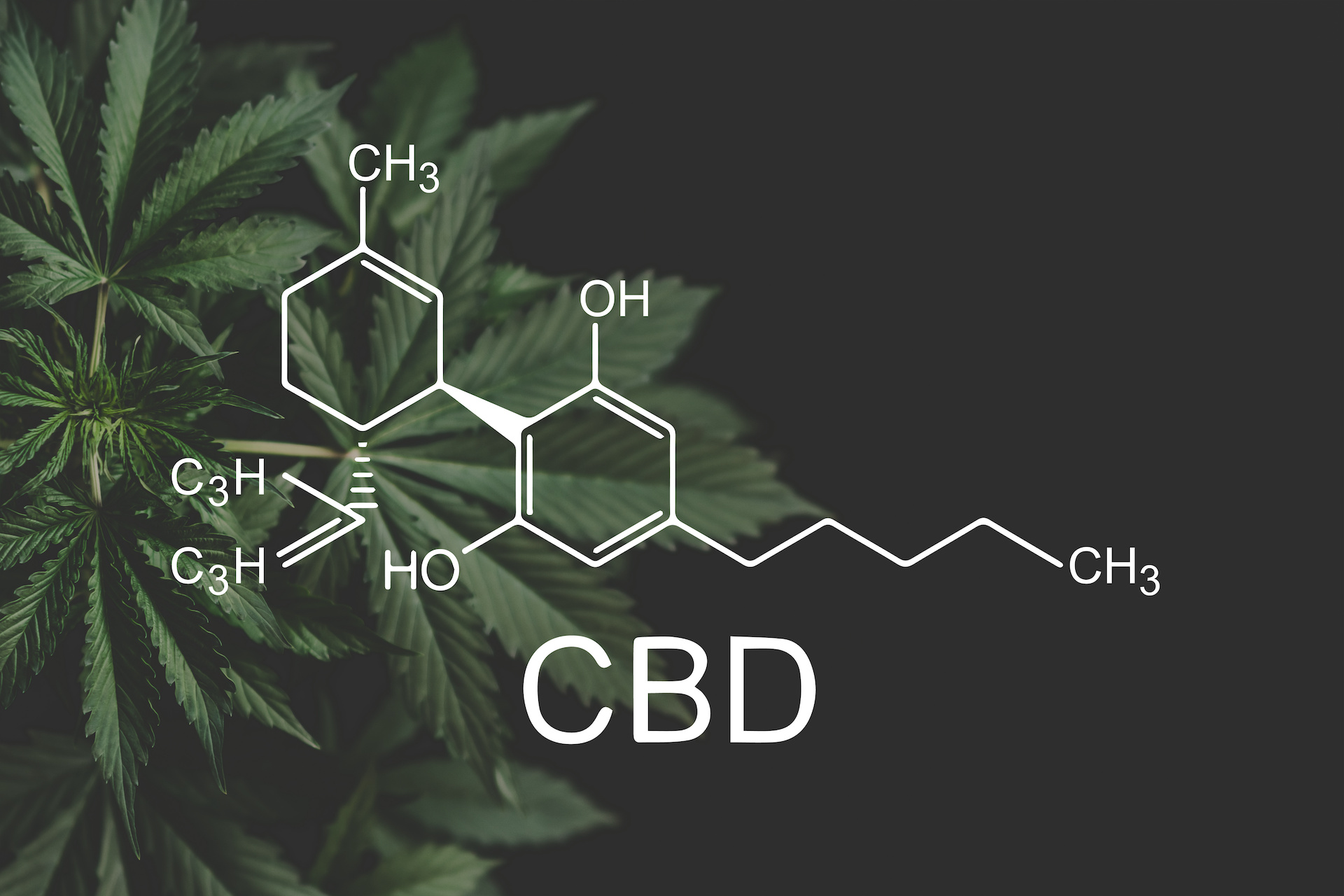
Big decision: FDA won’t restrict CBD sales, calls for ‘new regulatory path’ to ensure safety
After nearly four years of studying the best way to regulate CBD, FDA officials have concluded that their existing regulations do not fit the unique substance.
What this means for you: The FDA has the power to halt all CBD sales nationwide. They decided against it. Sale and possession of CBD remain legal, and FDA officials will work with Congress to create a new type of safety protocol for cannabidiol (CBD).
FDA officials first began taking a serious look at CBD in early 2019, when sales across the country began to surge. Then-FDA Commissioner Ned Sharpless hosted the agency’s first-ever public hearing on CBD on May 31, 2019, noting that “we’ve seen an explosion of interest in products like CBD, [but] There’s a lot we don’t know.”
After 10 hours of testimony at this hearing, two things had become clear: the American public had a strong desire for CBD products, and too many CBD manufacturers were supplying inferior goods.
Shortly thereafter, FDA officials announced the formation of a high-level agency study group to explore potential regulatory avenues for CBD products.
Related
5 Findings from the FDA Hearing on CBD
The FDA wants “a new regulatory path” for CBD
In today’s announcement, FDA Principal Deputy Commissioner Janet Woodcock said, “Today we announce that after careful consideration, the FDA has concluded that a new regulatory pathway for CBD is required that addresses individuals’ desire for access to.” aligns CBD products with the regulatory oversight needed to manage risk.”
“The agency stands ready to work with Congress on this matter. Today we are also opposing three citizen petitions calling for the agency to enact regulations to allow CBD products to be marketed as dietary supplements.”
In other words, FDA officials determined that CBD should not be heavily regulated like a pharmaceutical-derived prescription drug (a process that would take years), nor should it be relatively unregulated like a dietary supplement.
Recognize that the existing rules do not fit CBD
Today’s announcement is a historic endorsement from a major federal agency. Cannabidiol, like cannabis itself, is a substance that doesn’t easily fit into the strict definitions and pathways that have been created for most regulated substances. But instead of simply banning CBD and creating a dangerous illicit market, FDA officials have acknowledged that existing regulatory structures need to be expanded to protect public health.
“A new regulatory path would benefit consumers by providing protections and oversight to manage and mitigate risks associated with CBD products,” FDA officials said in the announcement. “Some risk management tools could include clear labels, avoidance of harmful substances, CBD content limits, and measures like minimum purchase ages to mitigate the risk of ingestion by children. In addition, a new pathway could allow access and monitoring of certain CBD-containing products for animals.”
“The FDA’s existing food and dietary supplement agencies provide limited tools to address many of the risks associated with CBD products. By law, any substance, including CBD, must meet certain safety standards in order to be lawfully marketed as a dietary supplement or food additive.”
After careful consideration, the FDA has concluded that a new regulatory pathway for CBD is needed that balances individuals’ desire for access to CBD products with the regulatory oversight needed to manage risk. We stand ready to work with Congress on this matter. https://t.co/cz2LpCpr9W pic.twitter.com/VRciiVS9nJ
— US FDA (@US_FDA) January 26, 2023
A product that defies conventional categories
The FDA seems to be acknowledging the reality that CBD doesn’t fit into the neat boxes of foods, supplements, or medicines. It’s definitely a “botanically derived drug substance,” but its current uses are beyond the FDA’s limited boxes.
CBD is generally safe enough to be outside the parameters of controlled substances. But side effects from tainted or mislabeled products make it a bigger regulatory problem than a dietary supplement like creatine or a food product.
And its use is widespread among the general public. A 2022 survey found that 26% of Americans have used CBD in the past year, and 64% of CBD users have chosen to consume CBD for pain management.
Leafly’s CBD coverage has revealed that consumers are using the molecule for a variety of conditions, including seizure disorders, anxiety, and pain. Other conditions that can be affected by CBD include menopausal symptoms and opioid withdrawal.
National CBD legalization came in 2018 through Congress
CBD was legalized nationwide in 2018 when Congress passed an agriculture bill that allowed the legal production of hemp. Hemp is cannabis that contains less than 0.3% THC. With the legalization of hemp, manufacturers were able to extract CBD from federally legal hemp — effectively legalizing the sale of CBD in all states, regardless of local marijuana laws.
Bruce Barcott and David Downs
Bruce Barcott is Associate Editor of Leafly and author of Weed the People: The Future of Legal Marijuana in America. David Downs is the head of Leafly’s California office and the author of Beyond Buds and The Medical Marijuana Guidebook.
Check out articles by Bruce Barcott and David Downs
By submitting this form, you are subscribing to Leafly news and promotional emails and agreeing to Leafly’s Terms of Service and Privacy Policy. You can unsubscribe from Leafly email communications at any time.

Post a comment: